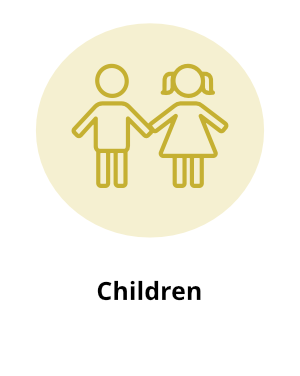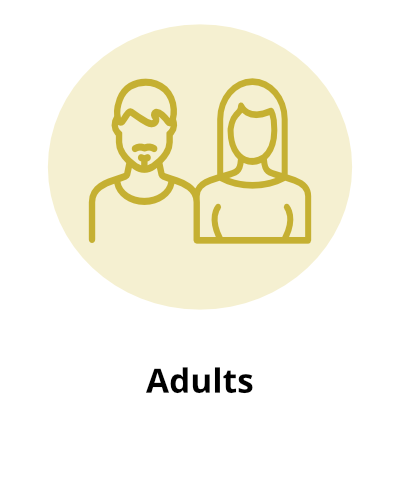Eat/Sleep Cluster
Home > TAND Clusters > Eat/Sleep > What to do > Eating behaviour > Adults
Eating behaviour in adults
- Monitor food habits using a food diary, such as the example in the resource panel, to identify where you may be eating too much or too little in your day. Use this to identify cues that lead to over-eating, skipped meals, or making unhealthy food choices.
- Timings of meals is important. Do not eat too late at night, as this can affect your sleep routine. Identify when you hit an energy slump (usually mid-afternoon) to schedule your afternoon snack.
- Utilise free mobile apps to keep track of meal plans, calories, exercise regimes and food lists. See the resource panel for some apps suggested by a nutritionist.
- Aim to eat three meals and three healthy snacks per day. Do not skip breakfast, take food with you, or have easy breakfast options available (e.g. porridge pots, cereal bars, fruit).
- Lunch at work, evenings at home, and busy mornings are common triggers for eating too much or too little.
- Identify periods of boredom, anxiety, and tiredness in your day. If these periods lead to over-eating, fill these times with other activities or routines, such as exercise, reading, or catching up with friends.
- Minimise distractions when eating so that you pay more attention to eating slowly and enjoying your food.
- Plan meals and snacks, and co-ordinate your weekly food shop in line with planned meals by following a shopping list.
- Cook meals in bulk to freeze and pack snacks and meals for leaving the house the night before.
- Do not food shop on impulse. Do not food shop when hungry, and do not purchase special offers if they are unhealthy food options you want to reduce access to.
- Seek advice from family and friends if managing a food diary or shopping list is a new skill. Helpful tips for meal planning and writing a shopping list are provided in the resource panel.







